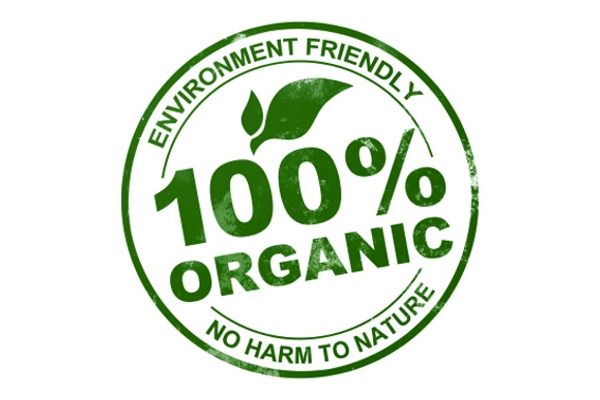
A new bill has been introduced in the US to crackdown on imports of fraudulent organic-labelled goods.
The bipartisan legislation, introduced by US representatives Democrat Michelle Lujan Grisham and Republican John Faso, would seek to provide the US Department of Agriculture’s (USDA) National Organic Program with between $15m and $20m a year from 2018 to 2023 to upgrade compliance and enforcement actions in the US and abroad.
An additional $5m would also be provided to improve tracking of international organic trade and data collection systems to ensure full traceability of imported products.
The bill follows a report last month, which found the USDA’s Agricultural Marketing Service – which has oversight of the National Organic Program – was lacking in its control and oversight of imported products labelled as organic and concluded that some fraudulent and mislabelled products could be slipping through customs into the US.
“Fraudulent organic imports threaten the integrity of the USDA Organic label,” Congresswoman Grisham said in a statement. “The bipartisan Organic Farmer and Consumer Protection Act will provide the National Organic Program at USDA with the resources needed to update their tracking technology and the authority necessary to crackdown on fraudulent organic imports for years to come.”
Congressman Faso described the bill as “common-sense legislation that puts American consumers and farmers first”. He said the bill would “crackdown” on fake organics, which have deceived consumers and hurt legitimate organic farmers across the country.
The bill – titled the Organic Farmer and Consumer Protection Act – seeks to amend the Organic Foods Protection Act of 1990 to improve the National Organic Program by modernising the global oversight system.
As such, the legislation will: authorise funding for the National Organic Program to keep pace with organic industry growth; provide one-time funding for technology systems to modernise and improve international trade tracking systems and data collection; improve effective oversight, robust investigations and enforcement across the entire supply chain; direct co-ordination and provide access to available cross-border documentation systems administered across other federal agencies and departments; require the USDA to close regulatory loopholes by mandating that uncertified entities, such as ports, brokers, importers and online auctions, become certified; and require the National Organic Program to issue an annual compliance report to Congress, which would include domestic and overseas investigations and actions taken.
Organic farming and ranching is a fast-growing segment of agriculture across the US, Jeff Witte, New Mexico director/secretary of agriculture said in a statement. “This is a market ripe for fraud and deception, especially from products imported and out of reach of US inspectors and certifiers. This act will provide much needed resources and authority to USDA to protect the integrity of organic agriculture in the US and continue assuring consumers they are getting what they intended to purchase.”
The National Organic Program has come into criticism recently. The organic farming watchdog The Cornucopia Institute has made claims of “gross incompetence” and “corruption” at the NOP and called for action to “correct chronic failings”, while a Washington Post report highlighted weaknesses in the system showing how easy it was for exporters to sell fraudulently mislabelled soybean and grain imports.
A report last month by the USDA’s Office of Inspector General highlighted the degree of shortcomings of NOP, including a lack of transparency over the process to determine whether imported organic-labelled goods were either equivalent or compliant with US organic standards and no assurance that NOP-required documents were either authenticated or even reviewed at US ports of entry. The report also found that there were no controls at US ports to identify and track any organic-labelled products that had been fumigated with NOP-prohibited substances on entry, meaning fumigated products could end up being sold or labelled incorrectly as organic.
The new legislation was welcomed by the Organic Trade Association, which represents more than 9,500 organic businesses in the US, saying the bill would make significant strides to improve the oversight of global organic trade, create a level playing field for American organic farmers, and establish a better system to ensure the integrity of organic goods and improve consumer trust. The bill also strengthens the National Organic Program’s authority and improves transparency of the marketplace, the body added.
“We’re operating in a growing global market. It is essential that we modernise and get up to speed to prevent organic fraud and to ensure that every stakeholder in the organic chain is playing by the rules,” Laura Batcha, chief executive and executive director of the Organic Trade Association said in a statement. “This bill takes important steps towards making that happen.”
However, according to FoodDive, the bill has little chance of making it through when the 2018 fiscal budget submitted by the Trump Administration does not include any reference to organic or food regulations. The website suggests that provisions should be included in next year’s Farm Bill, which is something the Organic Trade Association has been advocating.
©
SecuringIndustry.com
 | back to top
| back to top





